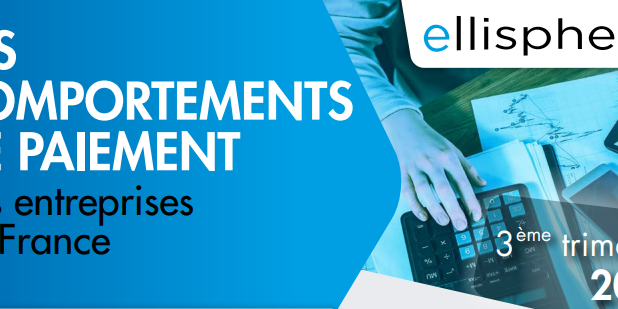The increase in the debt of French SMEs may be a brake on their economic recovery. With the introduction of the second lock-in, companies are entering this new phase with increasingly strained cash positions. SMEs and VSEs are now significantly more indebted than before the crisis. Moreover, their profitability has often deteriorated.
In view of these weaknesses, one thing is certain: a company cannot today finance itself exclusively through debt without sufficient capital. Indeed, it risks not finding a lender. It is therefore vital for companies, in this period of crisis, to keep a good level of equity. This good management is the key to open access to bank credits.
Equity deficit of French SMEs and most affected sectors
According to the October 2020 Euler Hermes study, the equity deficit of French SMEs amounts, to date, to 30 billion euros. This figure is 10 times higher than that of German SMEs (EUR 3 billion), but half that of Italian SMEs (EUR 70 billion).
The study also shows that the equity needs of SMEs in France in times of crisis have been highly concentrated in a few sectors: Hotels and Restaurants, Transportation and Warehousing, Electricity, Gas and Air Conditioning, and Maritime.
| Equity requirements of SMEs in France*. | ||
| Sectors | Equity requirement | % total |
| Hotel and restaurant industry | 11 billion euros | 38 % |
| Transport and storage | 5.5 billion | 19 % |
| Electricity, gas and air conditioning | 5 billion | 17 % |
| Maritime | 3.4 billion | 12 % |
| Aerial | 1.9 billion | 7 % |
| Water and waste management | 1.6 billion | 6 % |
| Oil and natural gas extraction | 0.4 billion | 1 % |
* Figures from the Hermes study of October 2020 on the equity deficits of French companies
These figures suggest a very poor outlook in terms of solvency for these companies, which are already heavily indebted and often have deteriorating profitability in the medium term. In addition, finance departments are likely to face difficulties in collecting some of their trade receivables within a reasonable timeframe in the coming weeks.
The role of French government intervention in the recapitalization of SME equity
After having simplified access to credit for companies, the French authorities are also working to find a solution to strengthen their equity through recapitalization.
The Minister of the Economy, Bruno Le Maire, announced on October 19 that 20 billion euros would be devoted to strengthening the equity capital of companies, via equity loans** distributed in particular by banks, but to which the State will provide its guarantee, i.e. 2 billion euros.
These equity loans will be available from the first quarter of 2021 until the end of 2022. Between 10,000 and 20,000 companies could benefit.
The "Relance Label" will identify and promote mutual funds that invest in the equity of French companies that comply with environmental, social and good governance (ESG) specifications.
These companies are mainly Small and Medium-sized Enterprises (SMEs) and Intermediate-sized Enterprises (ISEs). They can be listed or not.
Strengthening the equity capital of companies, a necessity for their solvency and development.
Equity, the cornerstone of any financial structure, is a precious resource for the company. It is a guarantee of solvency for creditors and determines the borrowing capacity of a company.
In this environment, equity loans are intended for companies with real rebound potential and which therefore need to acquire new capital.
** Participating loans, which are long-term loans repayable after all other loans: this is called "junior subordinated debt". They have a fixed interest rate. They are "participatory" because they allow the lender, under the terms of the contract, to receive a variable remuneration due to a participation clause for the benefit of the borrower (the company).



